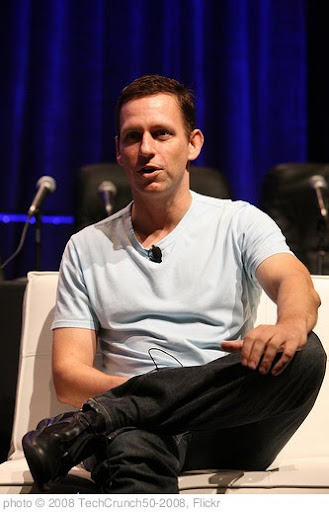As the economy continues to sputter through recovery, it’s more important than ever for college students to get serious about plotting a course toward employment. Patricia Imbimbo, PhD, director of Baruch College’s STARR Career Development Center, said students should think out how a major becomes a career sooner rather than later.
“It’s a process not an event, and it’s done in the context of who one is as a person,” said Imbimbo.
One mistake students make when choosing a major is considering future income independent of other factors, said Imbimbo. Instead, they should first consider their values and skills. Imbimbo uses finance as an example. The income is attractive, but students who value security should take stock of recent history. Continue reading

